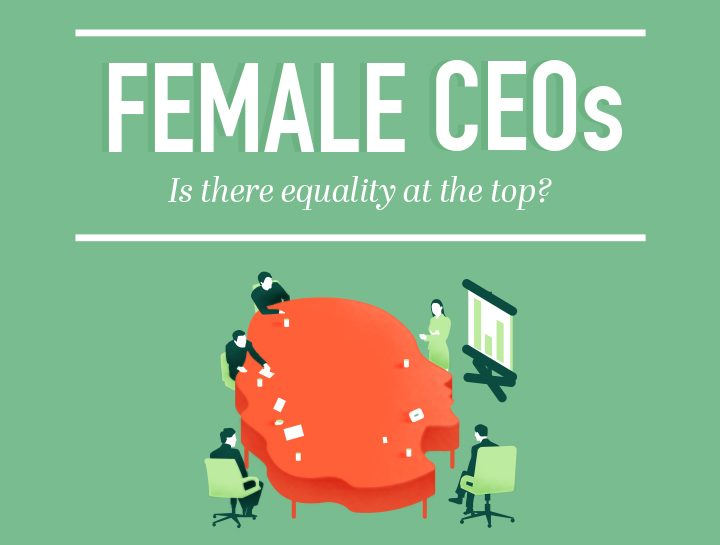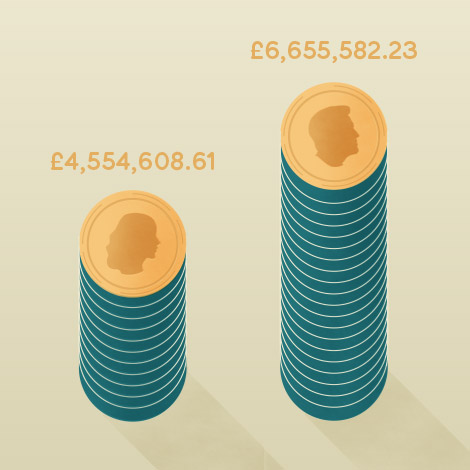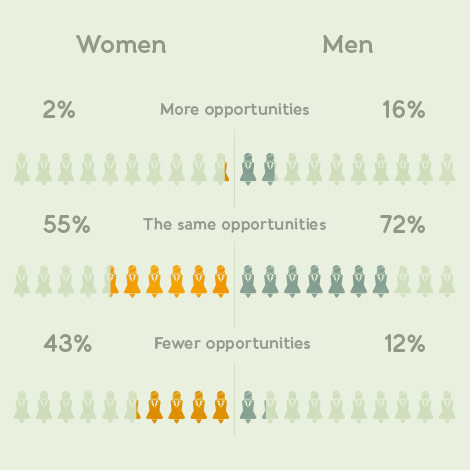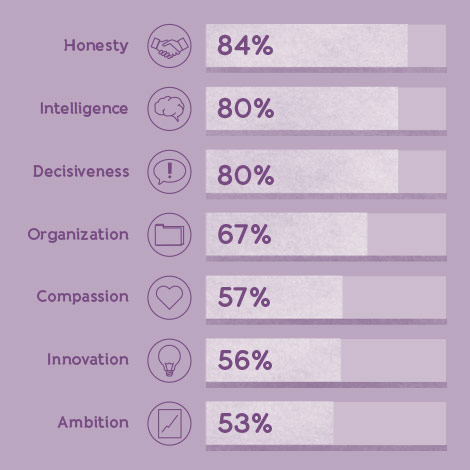Are women generally older than men?
Women are on average the same age, if not younger, than male CEOs


The gender pay gap is a central issue in the modern business world, but is this disparity present even in the most senior positions? Are women at the top being treated equally?
If not, why do they perceive that to be?
Click icon below to enter your estimate of how many of the 600 companies in the FTSE 100 and S&P 500 are led by women.
Yes, only33 of the600 companies in these markets have a female CEO. That's just 5.5% of the total!
These are the 33 companies:

































Let’s now look into how exactly women are faring at the top of the business world by examining common barriers, differences in opportunities for progression and pay discrepancies.
Women are on average the same age, if not younger, than male CEOs

On average, male CEOs earn upwards of £2 million more than women as of the fiscal year 2016.

On average, it takes women nearly a year and a half longer to become CEO than men.*
*based on 313 companies in both the FTSE100 and S&P 500


These are the most common challenges women say they have faced in the workplace throughout their careers according to one study.

This is the proportion of respondents with a child 18 years or younger who think that being a working parent makes it harder to advance in their career.
However, when asking ‘Millennial’ workers without children the same question, there was no gender gap, with 62% saying it would make it harder to advance, suggesting that there is a shift in perception when both sexes start a family.

Percentage of respondents saying they were deterred by workplace pressure.

When asked ‘why aren’t women in top business positions?’, these proportions believed that women were held to a higher standard than men.

The perception is that simply being female will inhibit your chances to progress within a business.

These are the percentages of respondents who believed that women have fewer, the same or more opportunities for career progression than men.

As women make up half of the working world’s population, if women played an identical role in working life to that of men, global annual GDP would potentially increase by $28 trillion (26%) by 2025.


When asked about which traits make the best leaders, the following were considered to be the most important characteristics.

Clearly, people recognise that women have the traits required to be effective leaders. So the question remains: why aren't there more women CEOs?
